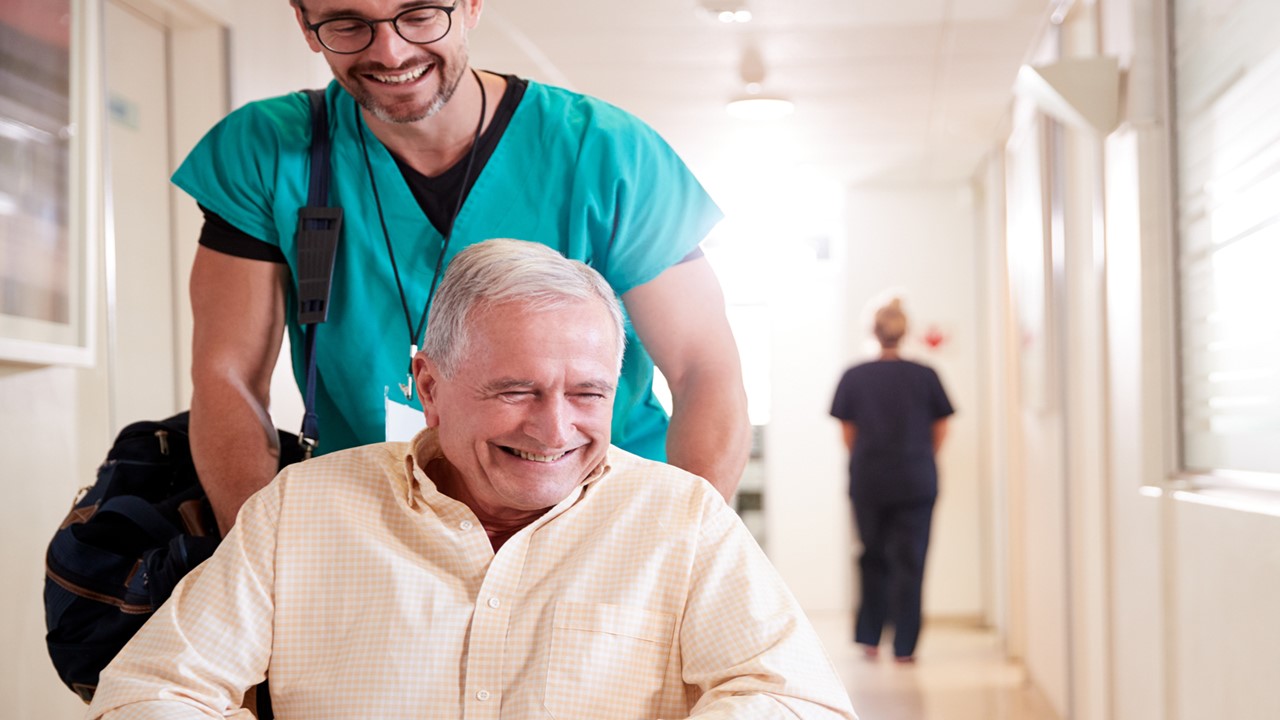We joined Zina Sadeq to discuss recent developments in the field of Pharmacovigilance – motivated by the effects of the pandemic, increased digitization and the advent of new disruptive technologies. Zina’s position as the Director for Regional Pharmacovigilance & Alliance Management at Amicus Therapeutics provides her with a privileged position from which to expound on these topics.
PF: Good day, Ms. Sadeq. It is a privilege to be able to talk to you today. You have over 17 years’ worth of experience working in pharmacovigilance positions throughout the pharmaceutical and commercial healthcare industries. Could you expand on what drove you to this niche of the life sciences – and perhaps any particularly memorable achievements you may have from such a long career?
ZS: My entry to the pharmacovigilance world happened by coincidence when I joined Orion Clinical Research as a data entry clerk, working on both pharmacovigilance and data management. I found my passion in pharmacovigilance in my first weeks there – and within two months, I became a full time pharmacovigilance junior officer, marking the beginning of my journey. What I would say has been my biggest achievement personally would be studying and achieving a Master’s degree in Pharmacovigilance which helped accelerate my career progression within pharmacovigilance and truly sparked my love for the field.
PF: Over your career, you have experienced some truly transformative times within the industry – from the advent of Big Data, a continuous expansion of the regulatory frameworks that drug development must operate in, and responses to pandemics – as we have recently seen. Do you think these past phenomena have had a lasting impact on pharmacovigilance, and the way it will approach new, disruptive developments in the future?
ZS: The pandemic certainly brought the pharmacovigilance community closer and increased the drug safety work profile. This was driven largely because of the increased health literacy the pandemic has brought, with people from outside the industry now truly concentrating on pharmaceutical safety – particularly with news related to vaccines. While the pandemic was truly unfortunate, I would say there have been silver linings. The increased use of digital solutions and flexible working hours have truly made global collaboration easier, without the need for travel. Furthermore, the pandemic gave us the opportunity to work closer with healthcare practitioners to find electronic technological solutions for clinical trial adverse event report collection, as well as increasing the focus on post-marketing adverse event reporting and due diligence processes.
PF: We are already seeing many new disruptive technologies make their way to pharmacovigilance. In particular, there is great interest around AI – especially Machine Learning, Deep Learning and Natural Language Processing. What potential do you think the technologies have in the field?
ZS: I think the future is promising for AI, but it will take time as we need to work with regulators to create a legislative framework for utilizing AI in all aspects of pharmacovigilance, particularly for signal management. Obviously, we have seen uses for processing adverse event reports – but the technology has not yet been tried in a way where it can handle the entire process from data entry to the outcome. The industry needs clear guidance from our regulators as we don’t want to invest time and money on AI to find that at the end it is not acceptable. We need to have the industry leadership united with one message and working together to find the best approach to implement AI in the different fields within pharmacovigilance.
PF: Many challenges also remain to be addressed before these technologies can be truly realized. For example, training ML models requires vast amounts of data. These are frequently adverse event case reports. But even obtaining the large datasets for training raises other quandaries: privacy concerns, and the need for versatility in the model. Processing the entry of an adverse event report is not a black-and-white decision. How do you feel these issues could be addressed?
ZS: We need to bring global regulators together with the AI developers to discuss what the accepted deliverables are from the regulatory authorities and how AI developers can meet these targets. This work will need input from legal, compliance and industry Good Pharmacovigilance Practice (GVP) experts. These are of course important questions – however, the ethical and legal answers need to come from governments, and the societies they represent. As the technology grows in importance, I imagine so will the consensus of what we feel comfortable allowing machines to do.
PF: You will be joining us in our Pharmacovigilance Strategy Meeting in London, where you will be facilitating a discussion on the integration of AI in pharmacovigilance practice. Are there any other insights you would like to share with us prior to the meeting? Are you excited to come back to physical events and exchange ideas with peers in person?
ZS: I am very excited to be back to physical events and exchange ideas with peers. Face to face meetings are the best way to connect with our peers in the industry and exchange best practices in different aspects of our jobs. Working at a small BioTech company with only one commercial product at present, we are already investigating how AI approaches can help us maintain PV system compliance and actively manage product risks, as we prepare to launch a second rare disease product in several markets and continue to expand into new territories with unique regulatory PV requirements, which makes this meeting a perfect time for me to assist my organization on decision making in the future.
Cherry Ann Coral, Producer, Proventa International
Nick Zoukas, Former Editor, PharmaFEATURES
Join Proventa International’s Pharmacovigilance Strategy Meeting in London to participate in a live discussion facilitated by Zina Sadeq. Meet with leading industry experts and stakeholders and discuss the cutting edge trends in the field of Pharmacovigilance.
Subscribe
to get our
LATEST NEWS
Related Posts

Interviews
Driving Drug Discovery Innovation Through DEL Technologies with Hajnalka Hartl, Orogen Therapeutics
DNA-Encoded Libraries are reshaping early-stage drug discovery by enabling rapid, large-scale screening of chemical space with unprecedented efficiency.

Interviews
REM-422, RNA Processing, and the Next Wave of Translational Science with Benoît Moreau, Remix Therapeutics
Benoît Moreau, Ph.D., discusses RNA-targeted drug discovery at Remix Therapeutics and the advancement of small molecules like REM-422 to tackle undruggable targets.
Read More Articles
Myosin’s Molecular Toggle: How Dimerization of the Globular Tail Domain Controls the Motor Function of Myo5a
Myo5a exists in either an inhibited, triangulated rest or an extended, motile activation, each conformation dictated by the interplay between the GTD and its surroundings.
Designing Better Sugar Stoppers: Engineering Selective α-Glucosidase Inhibitors via Fragment-Based Dynamic Chemistry
One of the most pressing challenges in anti-diabetic therapy is reducing the unpleasant and often debilitating gastrointestinal side effects that accompany α-amylase inhibition.













